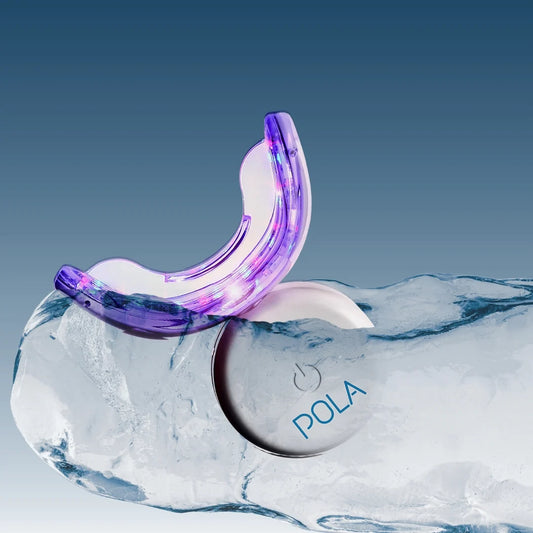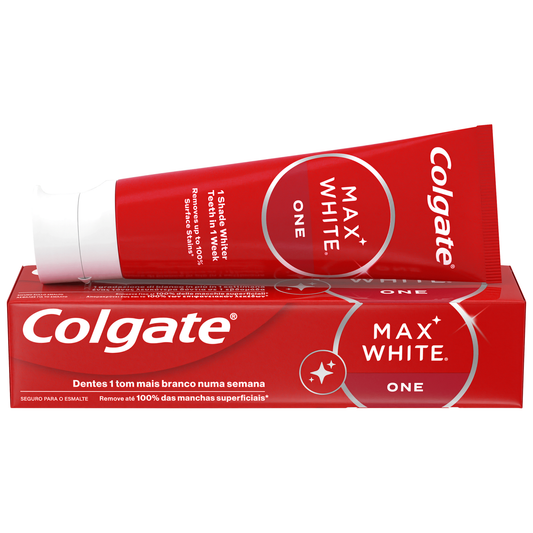WANT TO KNOW IF YOU CAN WHITEN YOUR TEETH?
In principle, anyone with good oral health can undergo teeth whitening. Patients with dental problems, cavities, wear, tooth sensitivity and others may require prior treatment, hence the importance of teeth whitening being carried out by your dentist. Regarding age, young people under 18 years of age cannot undergo teeth whitening.
The selection of the technique to be used depends essentially on the clinical conditions of each patient, their expectations and the speed of treatment results desired. Your dentist will advise you on the most correct and appropriate technique for you, always based on the best effectiveness/safety ratio.
ARE TEETH WHITENING EFFECTIVE AND SAFE?
Although there are over-the-counter products available on the market (supermarkets, pharmacies and TV-Shops) advertised as “whitening”, the OMD highlights that the safety of the professional use of teeth whitening products is safeguarded under the supervision of a dentist.
Over-the-counter products have substantial differences between them and those applied by professionals, which is why it is not possible to safely state their effectiveness.
It is certain that any risk to the oral health of users will be prevented, only and exclusively, if you choose to be supervised by your dentist.
WHAT SIDE EFFECTS CAN ARISE?
In general, side effects, both on the teeth and gums, are related to the concentration of the products, the way they are applied and the specific conditions of each patient. The most common are tooth sensitivity and some gum discomfort, which usually disappears when treatment is stopped. However, incorrect application of higher concentration chemical products, with or without accessory lights, can cause more serious and long-lasting damage. Your dentist can prevent and medically control these conditions.
Users who have dental restorations and prostheses may need to replace or repair them at the end of the whitening treatment, in order to harmonize the color and integrity of the dental restorations, as whitening products do not affect the color of the materials that compose them.
WHO CAN HAVE TEETH WHITENING?
Professional teeth whitening is a medical act which can only be performed by oral health professionals. This restriction is justified by the risks related to the nature of the whitening products used. Teeth whitening involves carrying out a prior clinical examination, the application of preventive surgical measures when applying or using the whitening products by the user, to avoid oral complications and create conditions to make the result more effective. The guidance and applications by the dentist avoid excessive time or unnecessary exposure to whitening products as a treatment. This ensures the absence of risk factors or other oral diseases that do not advise carrying out whitening.
For over-the-counter products, it cannot be guaranteed that application by third parties in the user's mouth complies with all hygiene and safety rules.
WHAT WHITENING MATERIALS AND TECHNIQUES CAN BE USED?
Over-the-counter products cannot contain more than 0.1% hydrogen peroxide, which is the ultimate whitening product. For this reason, the effectiveness of these over-the-counter products has been questioned. In the European Union, the guarantee of a whitening effect has even been punished as misleading advertising.
In treatments supervised by a dentist, when applying whitening material at home (“outpatient treatment”), products with a lower concentration are generally used (carbamide peroxide at 10%, but which can go up to 16%), for varying periods (from 1 to 8 hours a day), over several days or weeks. In the case of application in the office, carbamide peroxide up to 16% and/or hydrogen peroxide up to 6% may be used. These products may only be applied by professionals under perfectly controlled conditions.
ARE LASER OR OTHER LIGHTS NECESSARY TO WHITEN TEETH?
What has a whitening effect are the chemicals applied simultaneously. The lights are used to speed up the chemical reaction of the products, in an attempt to make the whitening process faster.
WHAT QUESTIONS CAN YOU ASK YOUR DENTIST?
If you have any questions about the treatment you are going to undergo, don't be afraid to ask questions during your consultation, or do additional research.
You can always try to clarify the following:
- What teeth whitening treatments are available and what makes them different?
- What kind of results can I expect?
- What can I do about stained veneers, crowns or dentures to make sure they match my natural teeth?
- What are the risks associated with teeth whitening? Is there pain involved?
- Who will perform the treatment? What training and experience do they have? Is the result guaranteed for a certain period of time?
- What is the post-treatment follow-up and who can I contact for advice after whitening?




